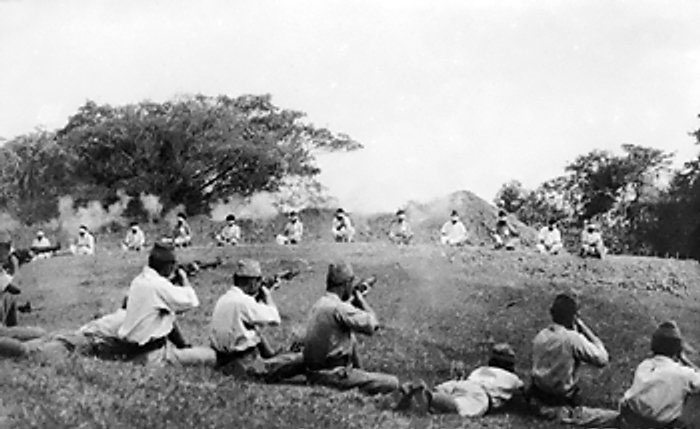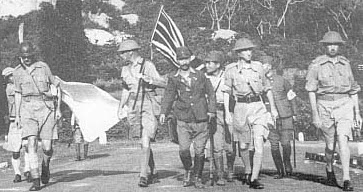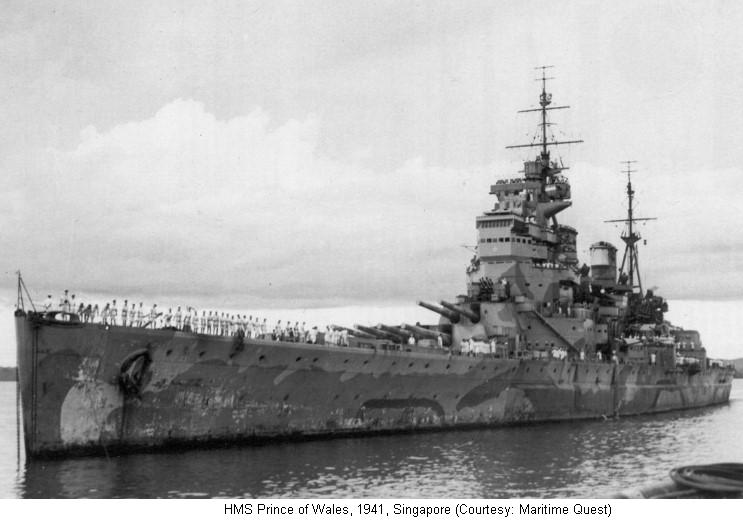Japanese Occupation has brought along much harm to Singapore socially. After the Japanese had taken over of Singapore, large numbers of people from other conquered countries were being brought to Singapore to do labour. Within an extremely short period of time, the population in Singapore grew drastically. Housing and food soon became a huge problem as the citizens were unable to even get a place to live. With an increased number of people in Singapore, food soon became a large problem as Singapore could not even sustain itself with food without trading, before the war had started. Therefore brought about suffering among the citizens.
The Japanese occupation also allowed the communists to gain opportunity as there was always a constant fight for the island to become communists and this was masked behind trying to help the country gain independence from its colonial masters. This was rather successful since removing their colonial masters was something that the citizens wanted. The situation was then unstable and the citizens was unhappy with what they have, thus making the opportunity for the communists to strike.
The country at that point of time also experienced an economic recession because of the war. The ports in Singapore had been bombed by the Japanese; therefore all trade had broken down, resulting in Singapore losing its main source of revenue. All economic had also stop as a result and there were no other way to make money apart from trading. The economy of Singapore had come to a standstill, thus Singapore began suffering from an economic recession.
Apart from the harm that the Japanese occupation has brought, there were also benefits from the Japanese Occupation. Firstly, the Japanese Occupation has enabled the Singaporeans to be united as one and to have common identity and regard Singapore as their home, a home that they have to protect together. The war had brought the different religion together in harmony, and it had made Singaporeans willing to give everything they had for the country. The war had therefore helped Singapore become united and gained the idea that ‘All for one and one for all’.
The war had resulted in Singaporeans to question the ability of the British to rule Singapore. They had seen for themselves that the British were not there for the Singaporeans when they needed them to protect them and if the British was not there to protect them, what are they for? Therefore, they had lost confidence in the British and slowly become more interested in commanding their own destiny and future ,and felt that if they ruled Singapore themselves; they can do better than the British. They also placed all the blame for the poor conditions on the British. The war had also stirred up the interest in Politics as more Singaporeans bean standing up, forming political parties to challenge the British after the war. The Singaporeans after the war badly wanted Independence, an important decision that was impacted by the Japanese Occupation



